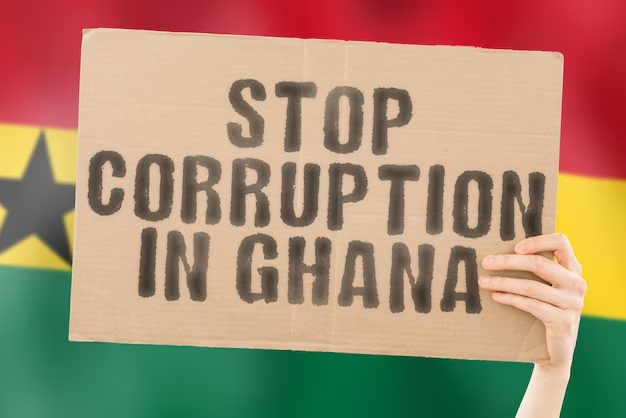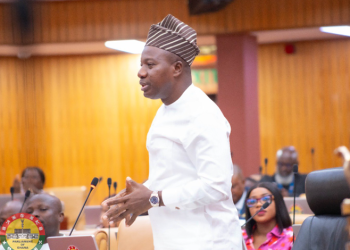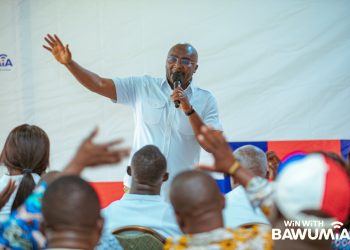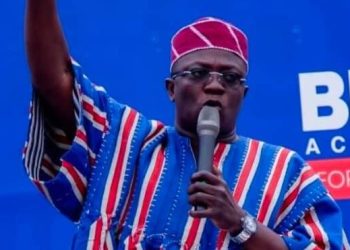Ghana continues to struggle in its campaign against corruption, according to Mrs. Beauty Emefa Narteh, Executive Secretary of the Ghana Anti-Corruption Coalition (GACC).
Citing recent findings, she referenced the Afrobarometer report, which she said reflects the nation’s poor performance in tackling graft.
Afrobarometer, a respected non-partisan research initiative spanning the African continent, has been gathering credible data on democratic governance, public perception, and quality of life since 1999.
She made this known during a stakeholder engagement in Fiapre, near Sunyani, where she highlighted the troubling public sentiment towards leadership.
“The Afrobarometer is showing mistrust of citizens even for public office holders and appointees, and the Corruption Perception Index (CPI) has shown that Ghana is stagnating in the fight against corruption,” she stressed.
She urged citizens to take a more proactive stance in safeguarding national resources, encouraging collective responsibility in addressing the issue.
The forum, organised by the GACC with support from GIZ, the European Union (EU), and the Swiss government, aimed at improving public awareness of the Office of the Special Prosecutor (OSP), its legal framework (Act 959), mandate, and procedures.
Participants included traditional leaders, Assembly Members, civil society groups, people with disabilities, and community advocates.
Mrs. Narteh expressed worry about the limited public understanding of the OSP’s functions and the importance of reporting corruption-related offences.
She emphasised that corruption poses a serious threat to national progress and sustainable development, noting the need for citizens to play an active role alongside the OSP in confronting the issue.
Pointing to longstanding challenges across different administrations, she remarked that successive governments have not effectively addressed corruption.
She said “We therefore have to do something different by empowering the citizenry to hold duty bearers accountable.”
She further noted that political will has been inadequate over the years, slowing national anti-corruption efforts.
However, she believes that strong civic engagement can enhance the OSP’s effectiveness and reduce corruption significantly.
Mrs. Narteh also encouraged the public to remain committed to fighting corruption, urging Ghanaians to apply the same enthusiasm seen during elections towards monitoring leaders and preventing misuse of public resources.











